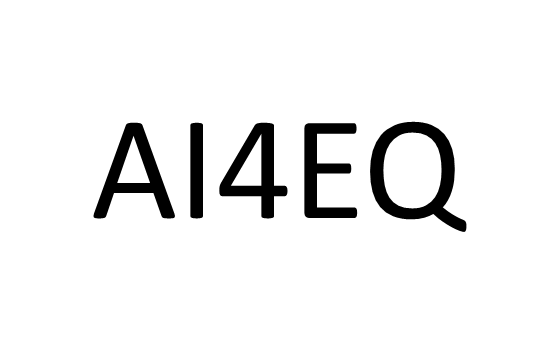Contents 5
5. ON THE NEED FOR DIALOGUE BETWEEN ALL SOCIAL ACTORS, NOT ONLY INDUSTRY WITH THE PUBLIC SECTOR
● The White Paper does not refer to the dialogue of the public sector with other social actors (third sector, civil society, academia), beyond companies and SMEs. In this sense, it is highly desirable that the discussions on this subject at EU level be transparent, so that the research community, civil society, the social sector and any other actor involved will be able to keep abreast of the state of the discussions concerning the regulation of artificial intelligence. The importance of this lies in the fact that the social value of AI has to be determined collectively and in the fact that enriching the AI ecosystem will need the perspective of many different actors.
● The role of society is not mentioned in the White Paper. Firstly, there is a need to educate society in the use of AI and to raise awareness of the ethical risks and socio-political implications it entails. Secondly, society must take an active role in defining the uses of the data it generates, especially regarding the knowledge extracted from the data and the AI application built using it. The role of AI in society has yet to be defined, and society must be part of the definition process since it will affect all levels of organization, behavior and production.
In this sense, there are some tools that may be useful to support social participation. For example, citizen science and collective intelligence. Citizen science seeks to promote public participation in science, and is beginning to constitute a distinct paradigm of doing science. Collective Intelligence processes are governance mechanisms that could help to ensure that society capitalizes on the potential of AI technologies while at the same time ensuring that they are developed and implemented with due respect for human rights. The wider the participation in these processes, the greater the confidence in, and the social appropriation of, the technology, highlighting the importance of AI literacy.
As we have mentioned, the quantification of benefits and positive impacts is key to motivating citizens and for a scientific activity that allows a responsible evolution of AI. Any analysis of the benefits of AI will need to be continually updated since AI is changing society very rapidly. The same is true for the negative effects and risks, some of which are already being felt by general population.

